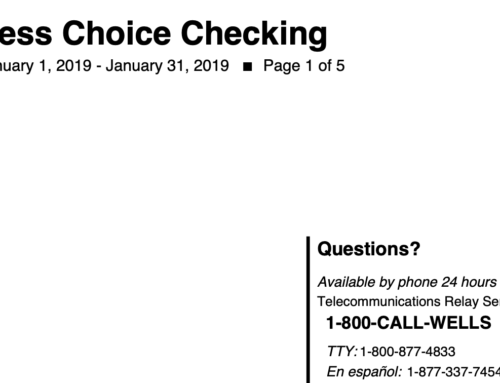In the U.S., think of identification numbers as unique labels for individuals and businesses, akin to the way a name distinguishes one person from another. Just like you wouldn’t confuse Bob with Bill, you wouldn’t want to mix up ITIN with EIN. Here’s a simple breakdown:
An Individual Taxpayer Identification Number (ITIN) is for certain folks who aren’t U.S. citizens but might still need a tax ID. Imagine wanting to start a business in the U.S. but not living here. The crucial question is: Do you have to file a tax return with the IRS? If the answer’s yes, an ITIN is your new best friend. Let’s say your business earns in the U.S. and those earnings are shared with company members. Boom! The company owners will likely need an ITIN because they have to chat with the IRS come tax season.
On the flip side, an Employer Identification Number (EIN) is the IRS’s way of keeping tabs on businesses for tax reasons. In simple terms, this number lets you open a business bank account, operate with integrity, and onboard new employees. Think of an EIN as a business’s Social Security Number (SSN)..
To sum it up: An ITIN is like an individual’s backstage pass to the tax world when an SSN isn’t in the cards. An EIN, meanwhile, is a business’s golden ticket. So, if you’re a business owner without an SSN, you might need both an ITIN for your personal taxes and an EIN for your business dealings.
Now, here’s where E-government LLC comes into play. Navigating this maze of numbers and paperwork isn’t everyone’s cup of tea. That’s why we’re here! We offer a complete suite of corporation services. From conceptualizing your business to ensuring those tax forms are spot on, we’ve got your back. Why not make us a part of your journey? Let’s make this process smooth and hassle-free for you!


